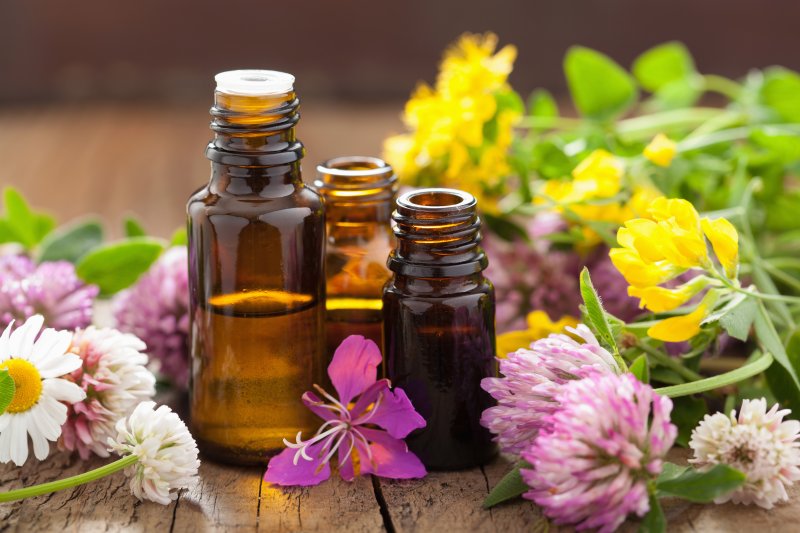
If you’re struggling to get adequate rest each night, there is a good chance that you may be suffering from sleep apnea. But did you know that while research remains minimal, it is believed that essential oils can positively affect your sleep patterns? If you’re looking for a more natural way to stay in bed longer, find out which scents can make the biggest impact when it comes to more restful sleep.
What Does the Data Say?
Honestly, when it comes to research conducted on the impact of essential oils on sleep apnea, there is little to go by. While there may be minimal evidence to support the theory that they are effective in reducing snoring and sleep apnea, many patients swear by them.
Some findings do suggest that aromatherapy with the use of essential oils can improve your overall sleep patterns because of how they encourage the production of both endorphins and serotonin in the brain. While one promotes relaxation (endorphins), the other triggers melatonin production, which ultimately tells the brain to sleep (serotonin).
Which Essential Oils Are Most Effective?
If you’re interested in trying one or more essential oils to help improve your sleep, make sure to look for the following the next time you visit the grocery store or health food store:
- Peppermint Oil – To keep your brain functioning well, try peppermint oil. It will also help to clean out your sinuses so that you can breathe more easily.
- Lavender Oil – If you want something to help you fully relax, there’s no better option than lavender. Because of its effectiveness, it can trigger melatonin and induce sleep.
- Eucalyptus Oil – If you struggle with your sinuses, eucalyptus can help to break up the mucus in your airway so that you breathe more freely.
How Should You Use Essential Oils?
The best way to experience essential oils is to place the oil in a diffuser. This allows it to be dispersed in the air while you sleep. However, you may need to dilute it beforehand.
Other methods you can rely on when using essential oils include placing a few drops in a warm towel or over your nose while you inhale.
Of course, even with essential oils, getting adequate sleep might include meeting with a trusted professional who can provide effective sleep apnea treatment. By addressing the underlying cause of your sleep problem, you can get the best results and prepare for a better quality of life.
About the Author
Do you suffer from sleep apnea? Dr. Shelley Shults is a board-certified registered nurse, general dentist, family nurse practitioner, and dental sleep medicine practitioner who can help. At Powell Dental Sleep Solutions, she and our team can work to help you identify ways to improve your symptoms. She can also recommend healthy, natural solutions to aid in improving your sleep patterns, such as essential oils. If you are interested in learning more, contact us at (614) 396-9310.
